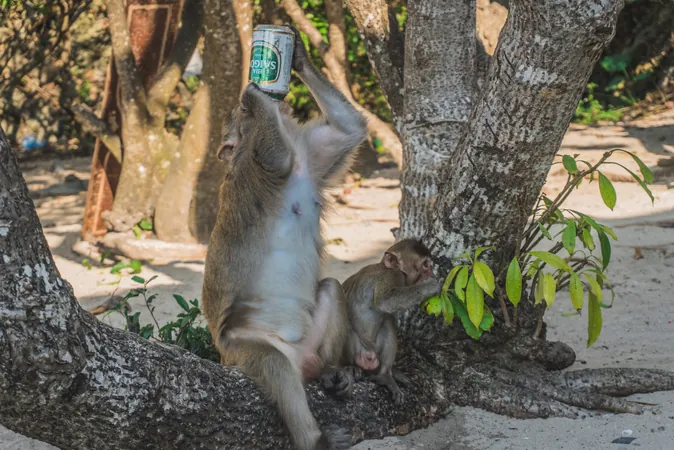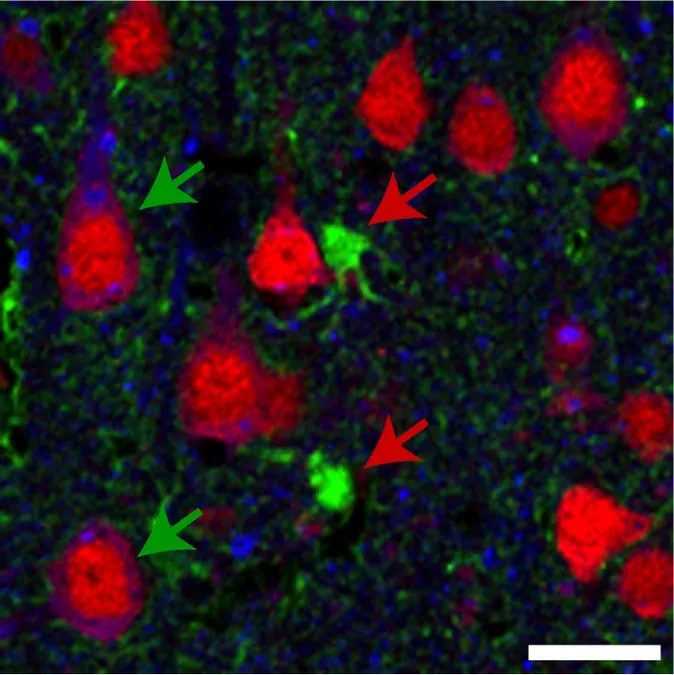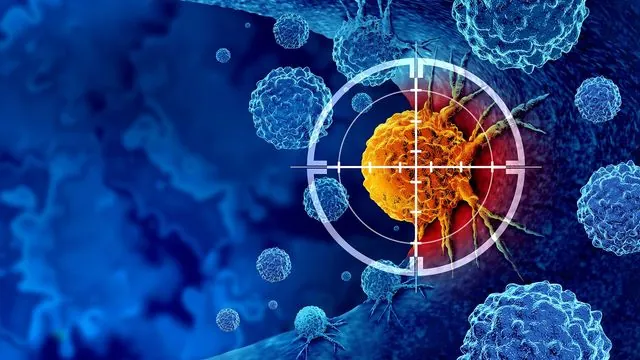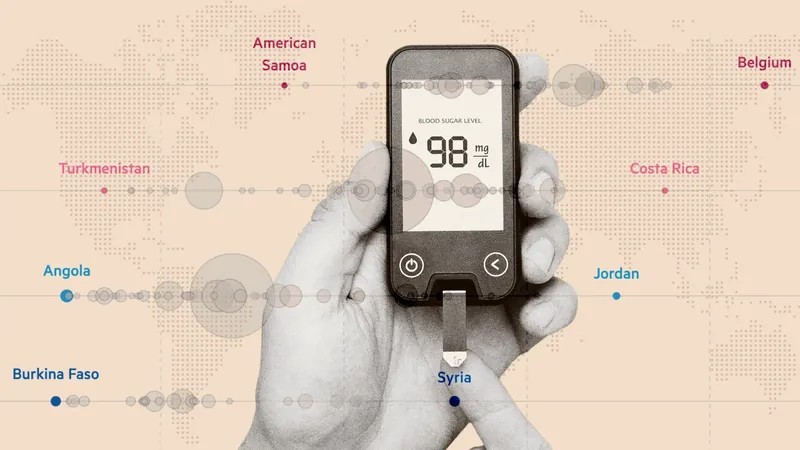
Surprising Study Reveals Alcohol Consumption is Widespread in the Animal Kingdom!
2024-11-01
Author: Nur
Groundbreaking Findings
A groundbreaking new study from the University of Exeter has unveiled astonishing findings about the prevalence of alcohol consumption in wildlife. The research, titled *The Evolutionary Ecology of Ethanol*, indicates that animals consuming alcohol is "much more abundant" than scientists previously believed.
Historical Context
This study points to the Cretaceous period, spanning from 145 to 66 million years ago, as a pivotal time when flowering plants began producing fruits and nectar. These sugary substances are fermented by wild yeasts, leading to the natural occurrence of ethanol. Today, over 325,000 species of flowering plants exist on Earth, which continue to contribute to this phenomenon.
Shifting Perspectives
Dr. Kimberley Hockings, a senior author from the Centre for Ecology and Conservation at the University of Exeter, emphasized that our understanding must shift from viewing ethanol consumption as solely a human behavior. "It’s much more abundant in the natural world than we previously thought, and most animals that consume sugary fruits will inevitably be exposed to some level of ethanol," she stated.
Active Seekers of Alcohol
Interestingly, certain species actively seek out alcohol. For example, vinegar flies (Drosophila melanogaster) intentionally use fermenting fruit as a breeding ground for their larvae, having evolved the ability to metabolize ethanol efficiently. This consumption may even provide protection against parasites.
Observations in Larger Animals
Larger animals such as primates, including wild chimpanzees, have also been observed eating fermented foods in their natural habitats. These chimpanzees cleverly utilize leaf sponges to access fermented palm sap, even at ethanol levels that could provoke a physiological reaction.
Intoxication Not the Intent
While entertaining stories abound of animals getting drunk—such as elephants in China indulging in excessive corn wine—the research suggests that intoxication is rarely the intent. Matthew Carrigan of the College of Central Florida elaborated, stating, "From an ecological perspective, it’s not advantageous to be inebriated while navigating trees or encountering predators. This behavior contradicts human desires for intoxication without caloric value—animals prefer the calories but not the effects of inebriation."
Possible Social Benefits
Yet, there may be subtle advantages to mild intoxication. Anna Bowland from the University of Exeter pointed out that ethanol might activate the endorphin and dopamine systems in animals, promoting relaxation that fosters social interactions. To further explore this intriguing hypothesis, the research team plans to study the behavioral and social impacts of ethanol consumption among primates.
Future Research Directions
As scientists continue to delve deeper into this topic, we may uncover even more astonishing facts about the role of alcohol consumption in the natural world—will we ever look at our wild neighbors the same way again? Stay tuned as researchers probe further into the wild side of alcohol consumption!




 Brasil (PT)
Brasil (PT)
 Canada (EN)
Canada (EN)
 Chile (ES)
Chile (ES)
 España (ES)
España (ES)
 France (FR)
France (FR)
 Hong Kong (EN)
Hong Kong (EN)
 Italia (IT)
Italia (IT)
 日本 (JA)
日本 (JA)
 Magyarország (HU)
Magyarország (HU)
 Norge (NO)
Norge (NO)
 Polska (PL)
Polska (PL)
 Schweiz (DE)
Schweiz (DE)
 Singapore (EN)
Singapore (EN)
 Sverige (SV)
Sverige (SV)
 Suomi (FI)
Suomi (FI)
 Türkiye (TR)
Türkiye (TR)